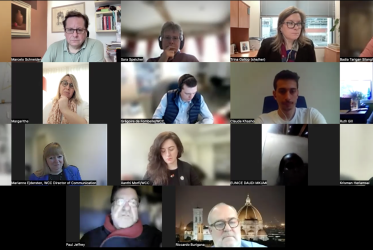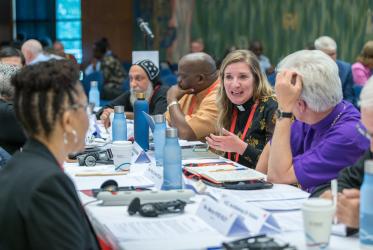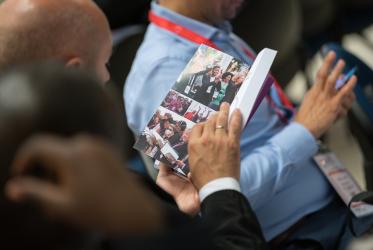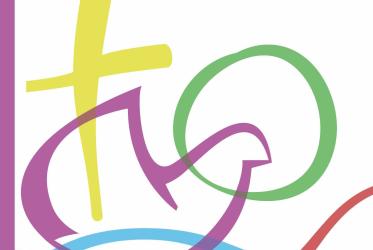“Was I not made in the image of God?” one presenter read on behalf of Dr Dorcas Chebet from Pwani University in Kenya. The question was part of a larger story entitled “It Hurts! My Story of Lament and Hope," a piece Chebet wrote about violence she experienced by a family member in her youth and calling out child marriage.
“The goal of the workshop was to tell stories,” said Rev. Barbarann Breland, a member of the Pan-African Women’s Ecumenical Empowerment Network and representative of the United Church of Christ in the United States. “We wanted to show the strength and versatility of Pan-African women.”
The network includes over 100 womanist and circle theologians, activists, educators, writers and women of other professions from the United States, Caribbean, and Latin America who are of African descent by way of migration or the transatlantic slave trade. They come together to organize around issues that affect women and children of the African diaspora.
Some of the issues the network aims to tackle include hunger and poverty, inclusion, bridging the digital divide, and “rewriting the narrative,” the title of one of their working groups. They also provide leadership opportunities for younger women through the Pan-African Young Adult Network.
“The struggle has been to recognize Pan-African women, their gifts and talents,'' said Dr Mutale Mulenga Kaunda, a member of the Pan-African Women’s Ecumenical Empowerment Network and representative from the United Church of Zambia. She feels that Pan-African women’s stories are often “neglected in ecumenical spaces.”
Part of rewriting the narrative means honoring biblical women.
“We overlook the women like the wife of Moses, Zeporah, a woman of African descent,” Rev. Dr Angelique Walker-Smith, convener of the network and representative of the National Baptist Convention in the United States. She added: “All of these women of Africa, we don’t talk about them.”
The network gets together virtually to pray together, do devotionals, and share their experiences.
“Faith comes first,” said Walker-Smith, adding, “We are celebrating who we are and whose we are in the name of Christ and the name of God, but sociologically, too.”
Through the network, “I have the opportunity to speak my mind, and express myself,” said Dr Funmilayo Adeyeni, Adeyeni serves as a co-convener of the Pan-African Women’s Ecumenical Empowerment Network and representative of the Redeemed Christian Church of God in Nigeria. “Which has never happened before anywhere in the world.”
Pan African Women’s Ecumenical Empowerment Network






